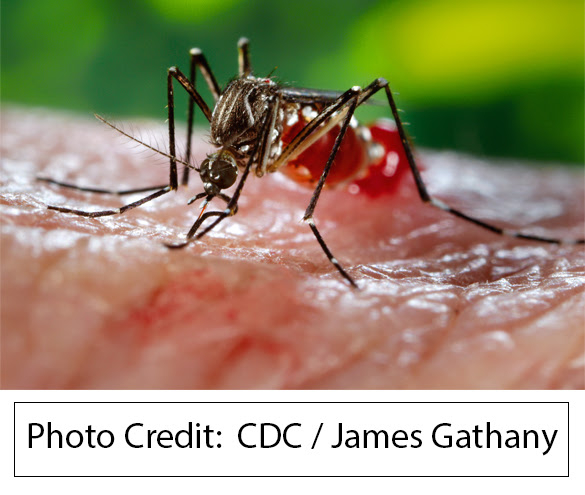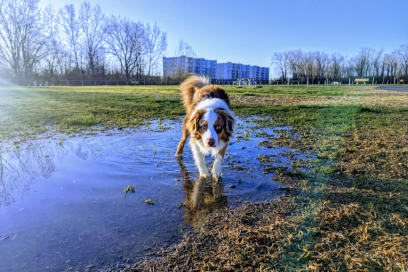Enhanced Mosquito Surveillance Reveals Aedes aegypti Larvae In The Area
Friday October 28th, 2016, 10:13am
Hello time traveller!!
This article is 2735 days old.
The information listed below is likely outdated and has been preserved for archival purposes.
The Windsor-Essex County Health Unit says that enhanced surveillance helped them to make the discovery of the Aedes aegypti larvae in Windsor earlier this month.
Commonly known as the yellow fever mosquito, the Aedes aegypti is responsible for the majority of human cases of Zika virus infections in the Caribbean, South America and Florida.
Collected larvae in the Windsor area were identified and reared, with a total of three adult Aedes aegypti mosquitoes visually confirmed. When analyzed in a laboratory, the three mosquitoes all tested negative for Zika virus.
Although it is unknown exactly how the larvae arrived in Ontario, the Heath Unit says that one possibility is that the eggs were transported from the U.S. in shipping containers or other cross-border vehicle traffic. Aedes aegypti eggs could also have been imported in recycled products, such as tires or other containers. Given that this is a tropical mosquito, the extremely hot temperatures this past summer allowed for the species to exist in Windsor.
“We will continue to ensure that our community stays informed about infectious diseases and the local mosquito surveillance program. It is a key public health service that we provide to Windsor-Essex County residents. The discovery of the yellow fever mosquito larvae through enhanced surveillance of the Aedes albopictus mosquito is an important reminder that we should continue to protect ourselves and our families from mosquito bites,” said Dr. Kirk.
The Aedes aegypti mosquito is even less cold tolerant than the Aedes albopictus and will not survive the cold winter temperatures. For Zika virus transmission to occur, the Aedes aegypti mosquito would need to feed on an infected person, within the first several days of infection, and then feed upon another susceptible person. The greatest risk to contracting Zika virus continues to be centred on those who have travelled to Zika-risk areas (such as South America, the Caribbean and Florida) or who are or have been in sexual contact with these travellers.

























